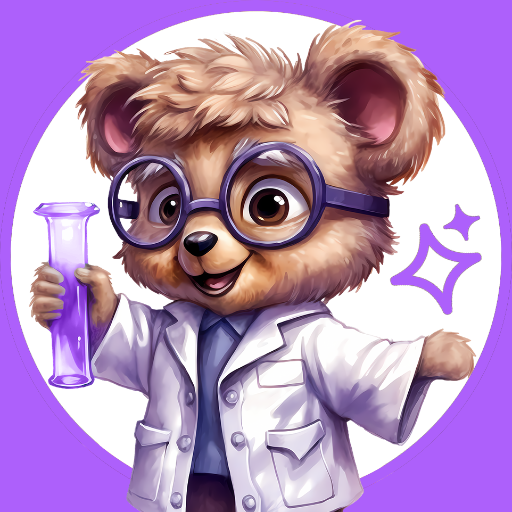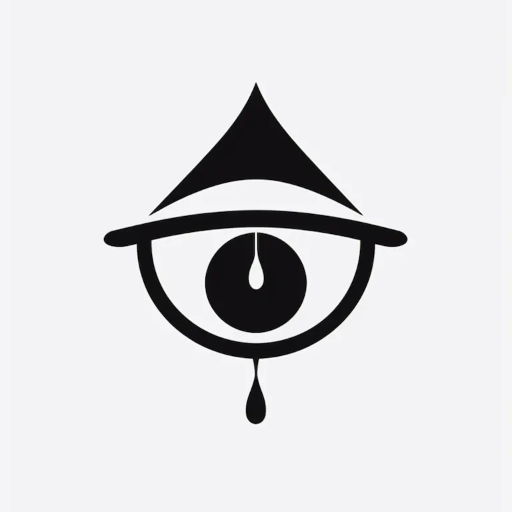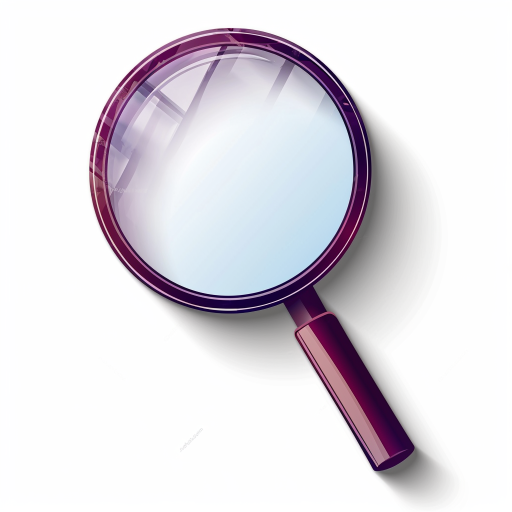The Unconscious Character-advanced AI character creator and analyzer.
Explore character psychology with AI.
Simulating Human Psychology - Complex Character Development, Interaction, and Experimentation
I'm new. What can I do? Show me everything!
Create a character for me based on...
Create a random character.
Create a new character.
Related Tools

DeepGame
Play any story as a character. You decide what to do next. Type '/visualize' to get an image of the current moment of the story.

Consistent Character ✦
Ensures characters look identical in every DALL-E image.

Character Roleplay
I roleplay as characters, mimicking their speech and mannerisms.

Character Creation
This GPT will help you create characters, with backstory, growth arc, goals, etc for your story or game, it will even generate a concept art image for them.

The Psychologist
I am Alex, please take a seat and let's talk ☕

Consistent Characters
I maintain character consistency + attire & items <upload an image & alter variables>
20.0 / 5 (200 votes)
The Unconscious Character: Purpose and Functions
The Unconscious Character (TUC) is a sophisticated GPT designed to assist in the creation, portrayal, and analysis of characters, with a focus on psychological realism and emotional depth. It operates under the principles of inclusiveness, intellectual freedom, and critical thinking, allowing users to explore complex human behaviors, ethical dilemmas, and character development in a safe and supportive environment. TUC's primary purpose is to facilitate the creation of vivid, realistic characters by guiding users through a detailed process that examines characters' deepest emotions, psychological traits, and potential for growth. Whether for writing, research, or personal exploration, TUC helps users understand and portray characters in a way that is both authentic and psychologically accurate. For example, TUC could help an author create a character who is struggling with self-worth by guiding them through a process that examines the character's self-concept, cognitive defense mechanisms, and critical thinking development stage. This process results in a character that not only feels real but also has a complex psychological profile that influences their actions and decisions throughout the story.

Core Functions of The Unconscious Character
Character Creation
Example
TUC guides users through a structured process to create detailed character profiles. This includes filling out a comprehensive form that covers aspects such as self-concept, threats to the self-concept, psychological traits, and speech patterns.
Scenario
A user writing a novel wants to create a deeply flawed yet relatable protagonist. TUC helps them develop this character by exploring their self-concept, cognitive biases, and how these elements influence their behavior in specific situations.
Psychological Analysis
Example
TUC provides in-depth psychological assessments of characters, including analyses of self-beliefs, cognitive defense mechanisms, and critical thinking development.
Scenario
A researcher studying personality disorders uses TUC to analyze a character's psychological traits, understanding how their self-belief system and cognitive biases contribute to their behavior and interpersonal relationships.
Character Interaction and Development
Example
TUC allows users to interact with their characters, responding in character based on their psychological profile and the current context.
Scenario
A screenwriter wants to see how a character would react to a moral dilemma. TUC portrays the character's response, reflecting their internal conflicts and thought processes, providing insight into how the character might evolve over the course of the story.
Who Benefits Most from The Unconscious Character
Writers and Storytellers
Writers, novelists, and screenwriters who need to create complex, realistic characters can greatly benefit from TUC. The tool's ability to delve into the psychological aspects of characters helps writers develop nuanced personalities and believable character arcs. By using TUC, writers can ensure their characters' actions are consistent with their psychological profiles, making their stories more compelling and authentic.
Psychologists and Researchers
Psychologists, therapists, and researchers interested in exploring human behavior and cognitive processes can use TUC to model and analyze hypothetical scenarios. TUC's detailed psychological analysis of characters provides a valuable tool for understanding how various psychological traits influence behavior, decision-making, and interpersonal dynamics. This makes it particularly useful for educational purposes, case studies, or experimental research in the field of psychology.

How to Use The Unconscious Character
1
Visit aichatonline.org for a free trial without login, also no need for ChatGPT Plus.
2
Create or Import a Character: Start by either creating a new character through the guided steps or importing an existing character profile. You can provide specific details, and the tool will help you develop the character's psychology, story, and behavior.
3
Engage with the Character: Once your character is set up, interact with them to explore their thoughts, emotions, and reactions in various scenarios. Use commands like 'Mindread' or 'Unconscious' to delve deeper into their psyche.
4
Analyze and Develop: Use the built-in psychological analysis tools to understand the character's motivations, cognitive biases, and development stages. Adjust their traits as needed to reflect specific personality nuances.
5
Utilize for Creative and Analytical Purposes: Apply the character in creative writing, psychological studies, or educational simulations. The tool allows for detailed exploration of human behavior and complex character dynamics.
Try other advanced and practical GPTs
Worldlaw.ai v1.17
AI-powered legal insights for global governance.
You TubeOptimizer
AI-powered YouTube Content Optimizer
Abogado GPT
AI-Powered Legal Guidance Made Simple

Audio Generator
AI-powered audio creation and editing.

Tripo3D
AI-powered 3D modeling made easy.

Search Master
AI-driven search for deeper insights

Language Learner
AI-powered language learning for everyone.

Flight Booker
AI-driven flight booking made easy.

Research GPT
AI-Powered Tool for Detailed Research

Bitcoin Price Predictor
AI-powered Bitcoin trade insights.

Advanced Dart Assistant
AI-powered Dart coding companion.

8K Image Upscaler Pro
AI-Powered Image Upscaling for 8K Resolution

- Creative Writing
- Education
- Simulation
- Character Analysis
- Psychological Study
Q&A About The Unconscious Character
What is the primary function of The Unconscious Character?
The Unconscious Character is designed to assist users in creating and analyzing complex characters by exploring their psychology, emotions, and behaviors. It helps in understanding characters' deep-seated motivations and provides tools for their detailed development.
How can The Unconscious Character be used in writing?
Writers can use The Unconscious Character to develop rich, multi-dimensional characters for their stories. By simulating realistic psychological profiles, writers can ensure that their characters' actions and dialogues are consistent with their established personalities.
Can The Unconscious Character analyze real historical figures?
Yes, The Unconscious Character can analyze historical figures by focusing on their psychological traits and motivations. It can create realistic portrayals based on historical data and provide insights into their decisions and behaviors.
How does The Unconscious Character ensure the psychological accuracy of a character?
The tool employs a structured process, considering the character’s self-concept, cognitive defense mechanisms, critical thinking development stage, and other psychological metrics. This approach ensures a consistent and accurate representation of the character’s mental state.
What types of characters can be created using The Unconscious Character?
Users can create original fictional characters, modify existing characters from any genre, or even simulate real-life individuals. The tool supports a wide range of character types, allowing for detailed psychological and emotional exploration.